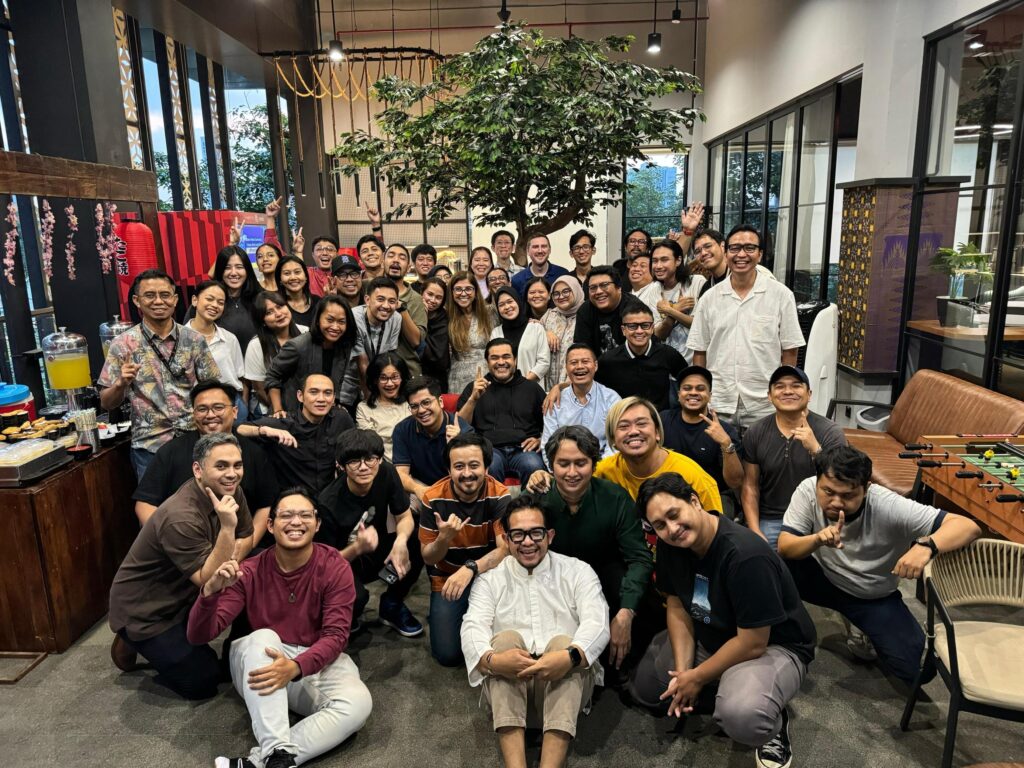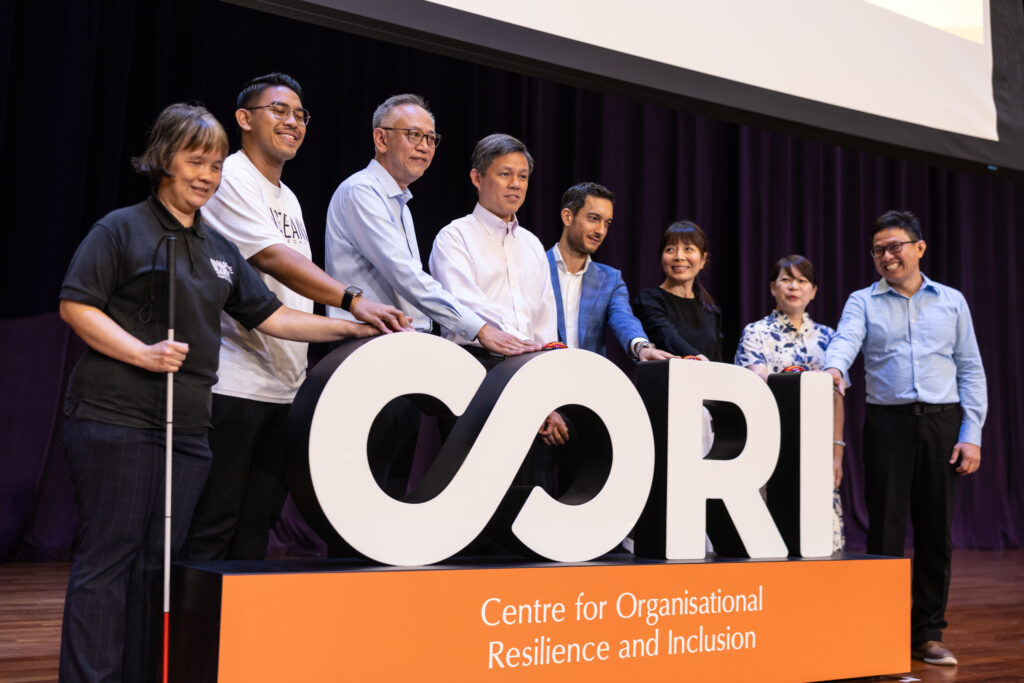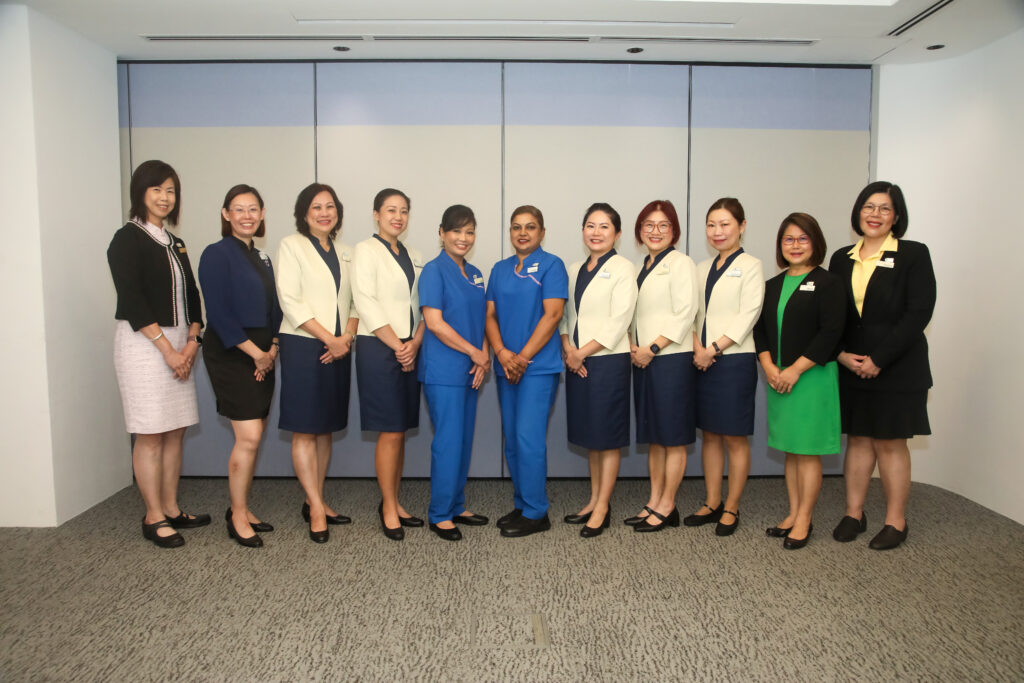How organisations can keep their best talent from leaving Malaysia

Dr Murugappan, CHRO of Malaysia’s MCMC, highlights ways to elevate employees’ earning and bridge existing skills gaps.
Reframing generational stereotypes to foster a supportive workplace

Multigenerational workforce strategist Rachele Focardi shares key tips for organisations to better understand generational nuances in their workforce.
Why the right to disconnect law should serve as a wake-up call

Proritising employees’ wellbeing and supporting them to achieve a better work-life balance should not come about only because of legislation.
Pioneering flexibility and compliance in the evolving Asian workforce

Dayforce is continuing to demonstrate how it is making work life better for organisations in Asia through their people and technology.
Workday empowers organisations to harness AI’s full potential

The new Workday Illuminate solution aims to help organisations drive exponential productivity gains and significant cost savings.
RTO will not increase workplace collaboration, Amazon told

Australian software company Atlassian has refuted Amazon’s claims that being physically in office is necessary to improve workplace collaboration.
Why organisations need to think beyond money to retain talent

With stagnant budgets, more organisations in the Philippines are now looking beyond financial remuneration to attract and retain talent.
Navigating the evolving landscape of talent management

Building an inclusive talent strategy centering on what employees need can go a long way in helping organisations plan for the future.
Why meaningful exit interviews can be a key talent retention strategy

Turning mundane and uninspiring exit interviews into purposeful and impactful ones can be critical for long-term organisational success.
Asia CHRO Spotlight: Sanjoy Shaw of Givaudan

An experienced HR leader, Givaudan’s Sanjoy Shaw discusses evolving HR roles, challenges, and his passion for cultivating a high-performance culture.
Mental health matters – It’s time to normalise mental health awareness

Bloomberg is implementing proactive strategies to enhance mental health support and normalise workplace wellbeing.
How Sony Music is reimagining performance management

Sony Music Entertainment is evolving performance management with continuous feedback that aligns employee goals with strategic objectives.
Time to work and play: Is workcation the next extension of hybrid working?

The concept of work and leisure at locations around the world may not be a pipe dream, if boundaries are drawn and key steps taken.
Why ESG is critical for Filtrona’s long-term sustainability and success

At Filtrona, ESG is the foundation of their business strategy, and all employees are committed to working together to achieve ESG goals.
Why it might not be the time to take up that job promotion

While not completely without its merits, ‘dry promotions’ add extra responsibilities onto employees, without a corresponding increase in pay.
Navigating change by overcoming resistance and fostering resilience

With a focus on social sustainability, organisations can develop resilience and agility that can help their people thrive in the face of change.
Leveraging employee engagement to drive workforce transformation

Effective communication, technology, and driving purpose are all tools that can elevate employee engagement for organisations.
Leading inclusively: Harnessing personality for organisational success

Zsolt Feher, Vice-President of Business Development, Hogan Assessments, discusses how organisations can cultivate and grow inclusive leaders in the workplace.
Securing women’s place at work: Driving change and creating equity

Allianz’s #Shesecures programme is empowering female leaders to thrive at work and to be agents of change in their communities.
Why organisations have got the RTO debate all wrong

Instead of caring about where employees work, leaders should devote more time to support employees in achieving their key objectives.
Nurturing connections: EX transcends the passion for coffee at Starbucks

At Starbucks, employee experience is about cultivating an organisational culture where employees feel valued and connected.
Bad leadership, not bad employees, is at the heart of ‘quiet firing’

Instead of acting on bias and personal emotions, transparent and actionable feedback can help leaders create an equal and fair work culture.
Playing music at work? Sure, but it depends on who’s on your playlist

Music from the likes of Taylor Swift and Jay Chou are likely to bring more positive experiences for employees in Singapore.
Improve healthcare and empower people transformation with GenAI

Besides improving the quality of healthcare services, GenAI is also allowing IHH Healthcare Singapore to build a more effective and healthier workforce.
Top five ways employees in Singapore can career cushion

Robert Walters’ Kirsty Poltock offers some key tips for employees who find themselves on the threshold of a job transition.
Breaking down walls: Women ready to assume leadership roles in India

A vast majority of female employees in India are committed to advancing their careers, if only their employers do more to eliminate barriers.
EX as a driver of workforce transformation: It’s all about people

Prioritising a people-centric approach and leveraging technologies can help organisations go a long way in creating winning EX strategies.
Four-day or six-day workweek? Why flexibility goes beyond just numbers

Understanding the specific needs and preferences of employees is crucial in defining flexible work, says Dr Jaclyn Lee, CHRO, Certis.
Support financially healthy employees by bridging priorities disconnect

Improving the financial wellbeing of employees can increase productivity and help organisations retain their best talent.
Why the decentring of work can help centre employees’ needs

Workplace leaders who cling on to outdated leadership notions are missing an opportunity to drive impactful and lasting cultural change.
